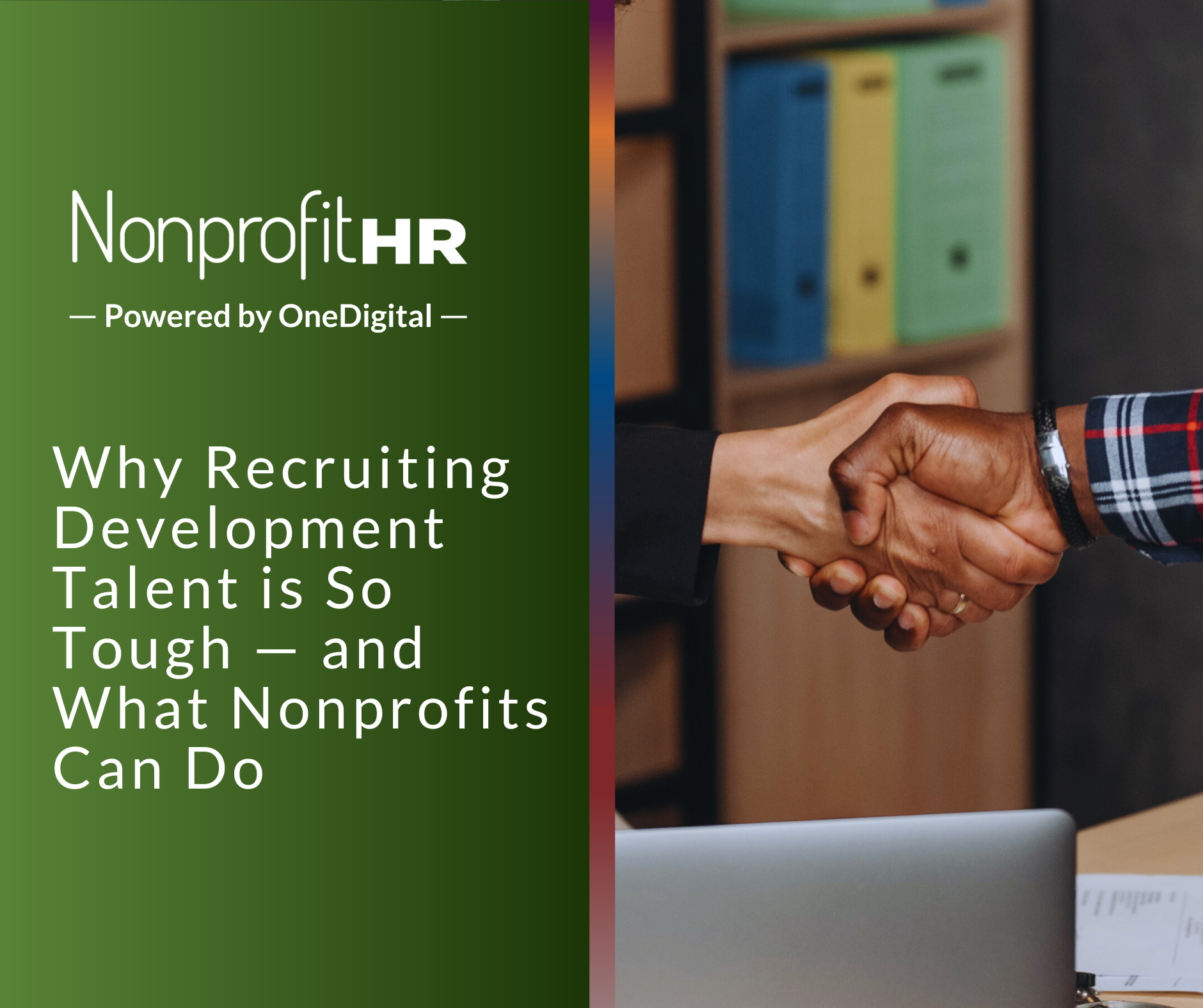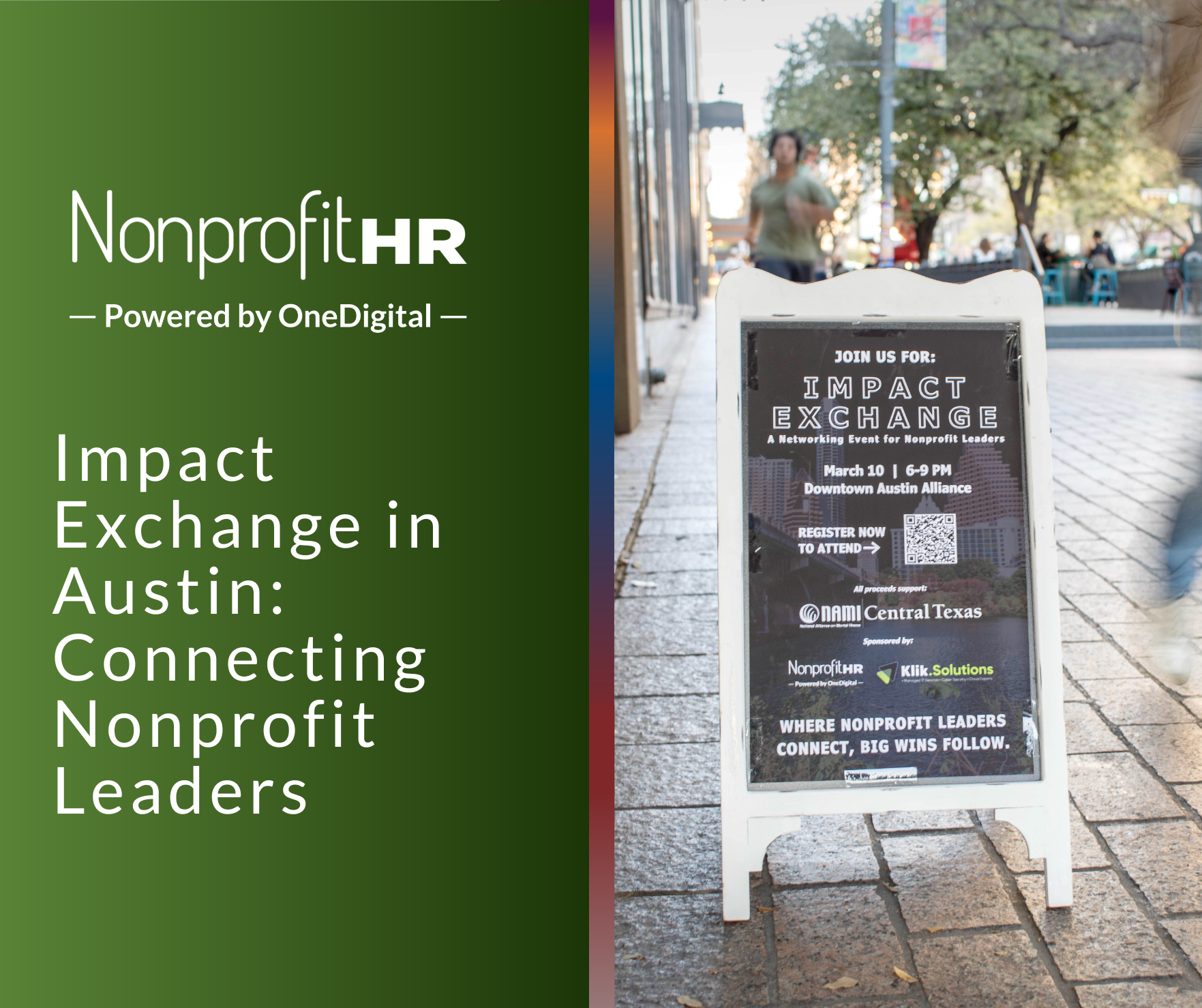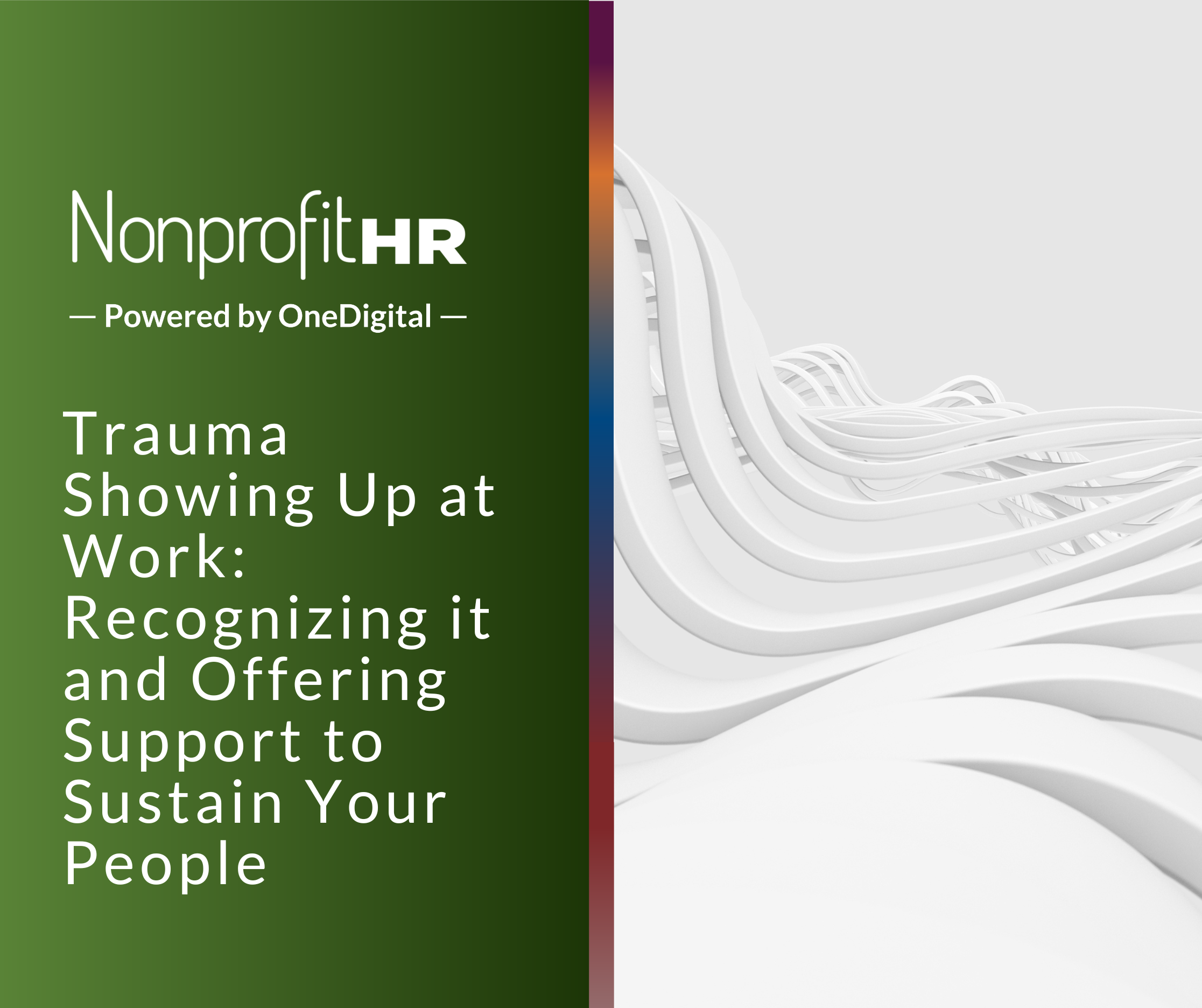WTOP: 5 ways nonprofits can…
A new poll has found that a third of the parents are worried about losing pay or losing their jobs if they need to miss work due to a child’s illness — and another third said they are not given enough paid time off to cover sick-kid days.
The poll also found that 62% of parents said their child was too sick for daycare at least once in the past year, and 38% had to miss at least three days. This correlated to 42% of parents having to miss work to stay home with a sick child, and 26% having missing three days of work in the past year.
Alice Walton has more details,
“Andrew Hashikawa of the children’s hospital at the university said that companies might want to think about revamping their policies. ‘Improving employee benefits related to paid sick leave appears to be important for many parents. More supportive sick leave policies would allow parents to care for their sick children at home or give parents the opportunity to go to their child’s usual health care provider instead of the emergency room.’ But it’s not only the parents that would befit from revamped policies: The companies would do better financially if they offered improved policies.
From other studies, it’s clear that employees are not being granted the days they need to take care of sick kids. A report earlier this year, from the University of New Hampshire’s Carsey Institute, found that over half of parents don’t get five paid days off per year to take care of a sick child. Parents with lower incomes had the least likelihood of having these benefits. According to this study, a lot of parents use their own paid sick days or vacation days when they need to stay home with a sick child — and they worry that taking unpaid sick days will put them at higher risk of losing their jobs.”





























